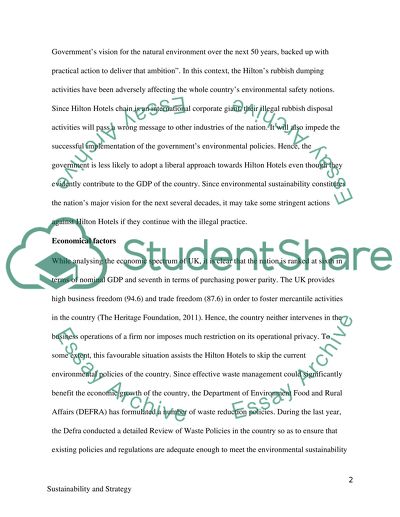Cite this document
(“Sustainability and Strategy - HILTON HOTEL Essay”, n.d.)
Retrieved from https://studentshare.org/tourism/1393537-sustainability-and-strategy-hilton-hotel
Retrieved from https://studentshare.org/tourism/1393537-sustainability-and-strategy-hilton-hotel
(Sustainability and Strategy - HILTON HOTEL Essay)
https://studentshare.org/tourism/1393537-sustainability-and-strategy-hilton-hotel.
https://studentshare.org/tourism/1393537-sustainability-and-strategy-hilton-hotel.
“Sustainability and Strategy - HILTON HOTEL Essay”, n.d. https://studentshare.org/tourism/1393537-sustainability-and-strategy-hilton-hotel.


